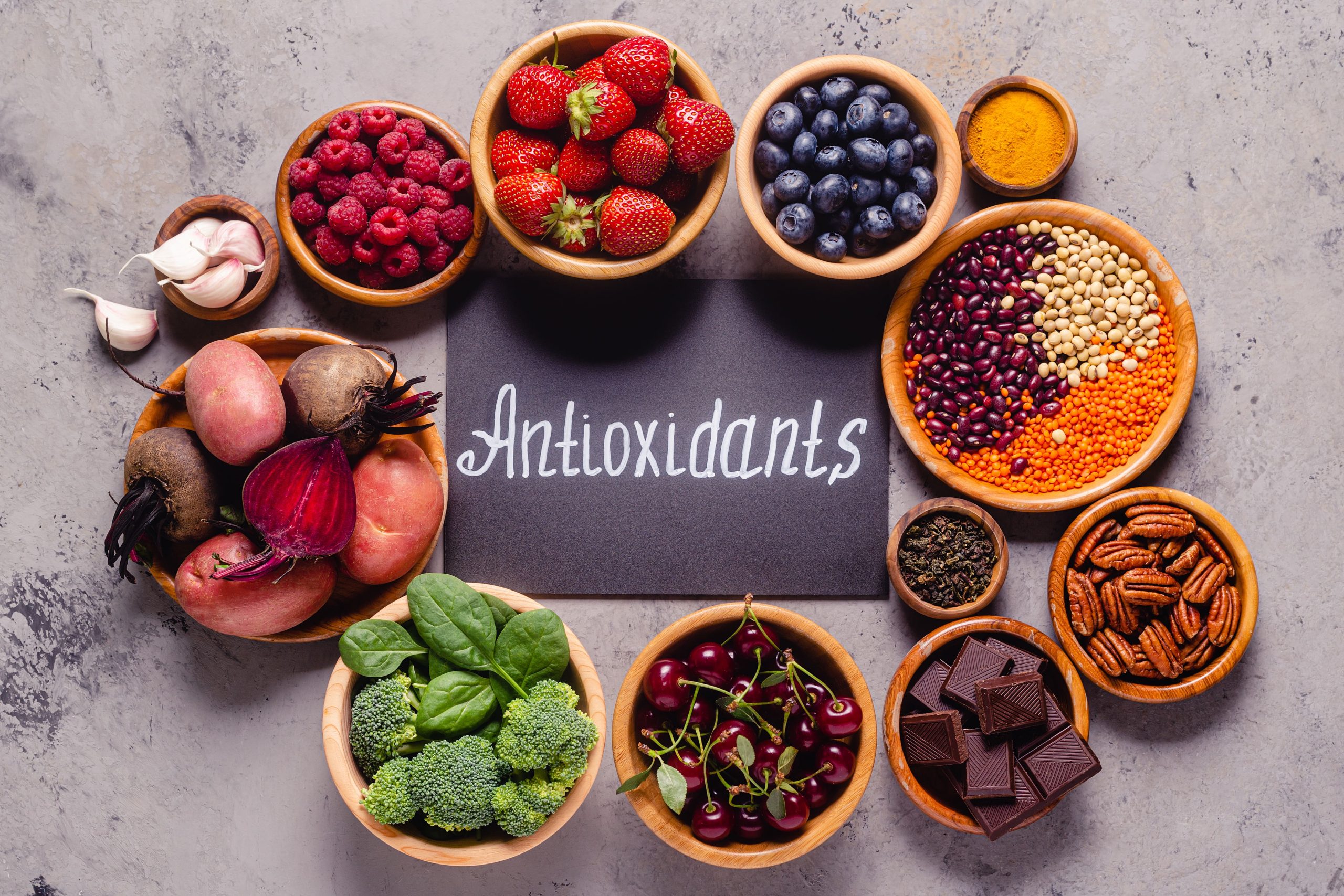Antioxidants are molecules that shield us against free radical damage caused by free radicals, which are unstable byproducts of normal metabolism and environmental toxins such as cigarette smoke, alcohol and pollution. They play a major role in maintaining good health and preventing diseases like heart disease and cancer by helping to combat free radical damage.
Antioxidant molecules can be found in many foods, such as vegetables and fruits, whole grains, nuts and seeds, meats and poultry. Unfortunately, dietary antioxidants alone will not suffice to protect you against chronic diseases that may arise if your diet lacks these vital nutrients.
What is an Antioxidant?
An antioxidant is a naturally occurring chemical byproduct of normal metabolic processes that inhibits free radical activity. This substance may be produced as part of physical exercise, exposure to sunlight or exposure to environmental pollutants.
Antioxidants come in both water-soluble and fat-soluble varieties. Each has a distinct role to play and works together to maintain a healthy body.
What are the Benefits of Eating Antioxidant-Rich Foods?
A diet consisting primarily of fresh, unprocessed produce is the most effective way to obtain adequate amounts of antioxidants. Vegetarian or vegan diets in particular tend to be particularly beneficial as these meals typically include plenty of anti-oxidants-rich items.
According to studies, a high intake of certain vitamins and minerals such as beta-carotene, vitamin E, and zinc from supplements has been linked to an increased risk of lung cancer among smokers. Furthermore, taking too much of these antioxidants may result in other health issues; thus it’s best to consult your doctor before beginning supplementation with these substances.
What are the differences between natural and synthetic antioxidants?
Antioxidants come in many forms, each with its own distinct role. Some are more efficient than others, but all work to combat or mitigate oxidative stress.
Flavonoids and polyphenols, which are largely found in plant-based foods, and other antioxidants found in zoochemicals like red meat or offal.
How can I increase the antioxidants in my diet?
Antioxidants can be found in many foods, but are most potent when eaten in their natural state, such as fresh, raw fruit and vegetables. Cooking methods like boiling, steaming or deep frying may reduce their antioxidant content.
Are antioxidant supplements as effective as those found in food sources?
Although some studies suggest antioxidant supplements may provide some protection from disease, there isn’t enough proof to prove if taking them makes any difference. Furthermore, taking too many of any antioxidant, such as vitamin C or E, may increase one’s risk for developing diseases, and some supplements may interact with medications.
Are there any recommended daily amounts of antioxidants?
Though there is no precise amount, it’s generally considered safe to consume one serve of fruit and vegetables per day (about one medium-sized piece of fruit or half a cup cooked vegetables for adults). The Australian Dietary Guidelines suggest consuming an balanced, nutritious diet with various food groups in sufficient amounts so you meet your calorie needs.

